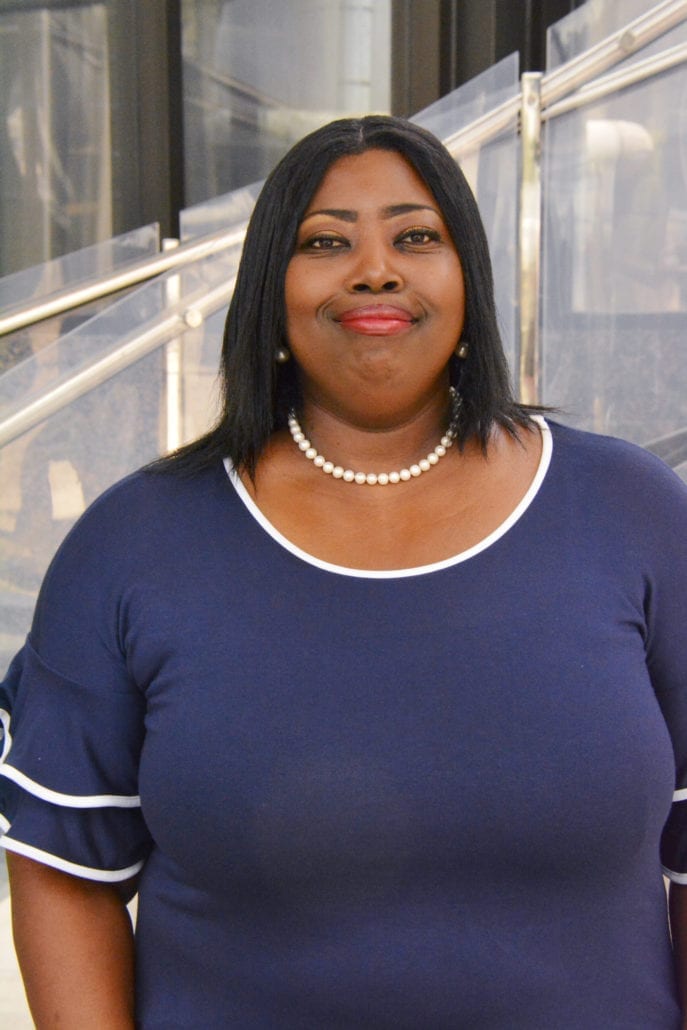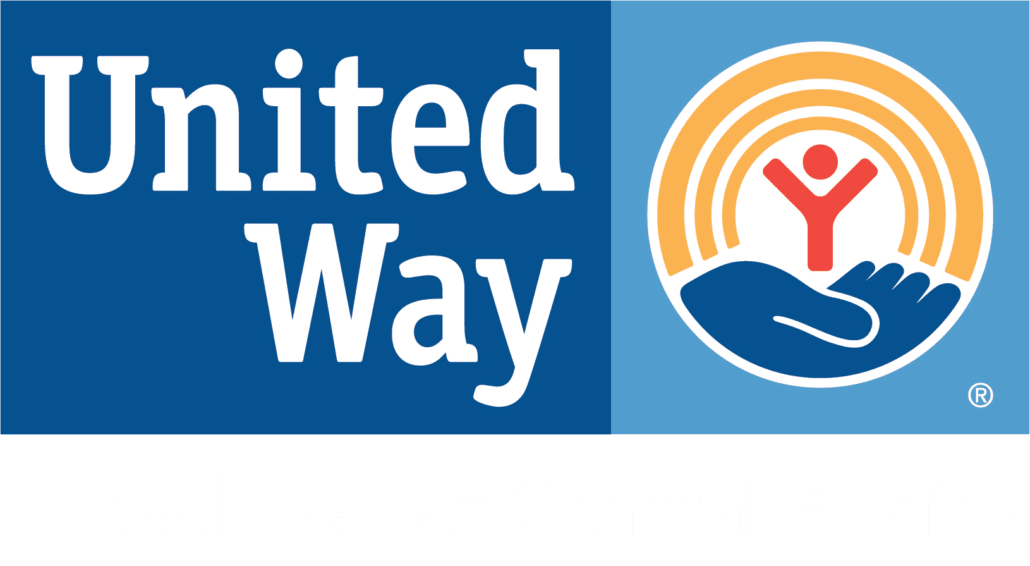February is my most favorite time of year. It is the month where we celebrate love, leadership and Black history. As an African American, I am proud to be born in this month in which our nation celebrates the significant contributions of Blacks in America. I love people, I love my culture and I’m desirous to be the best leader in my community.
I was in the third grade when I learned about Black history. I was a frequent visitor at the Dickson Center Library that serviced the mostly- Black section of Daytona Beach. It was doorsteps from the bungalow my mother rented. It was the place where I learned about Frederick Douglass, Sojourner Truth and other trailblazers whose names I didn’t hear in school. I would attribute the collection of books to the Black librarian who greeted me upon every arrival.
The stories of these trailblazers inspired me, especially Douglass because I wanted to be a journalist just like him. I didn’t see any journalists in my community who looked like me so learning Douglass’ story showed me it was possible.
Not only did I achieve that dream, I was featured on national television multiples times for my investigative reporting. I am now a retired journalist who has transitioned into public relations. My accomplishments will become a part of that Black history narrative future generations will tell one day.
Learning about Black heritage gives hope for those who aspire to be more than what they see. It also teaches us about the contributions of a people who have made all our lives better. For the past year, the COVID-19 pandemic has made our lives worse and the emergence of a vaccine has been the glimmer of light to return to normalcy. However, did you know it was a black slave who first introduced inoculation? (See video here)
That’s why conversations and participation in cultural events to recognize Black history is so incredibly important. We all need to know these little-known facts and a month dedicated to do so accomplishes that. While our country has made significant strides, we need to be reminded of the hills once climbed to get to Dr. Martin Luther King’s mountain top of diversity and inclusion.
We still see economic disparities among people of color in workplaces and beyond. The U.S. Census reported last year that Blacks represented 13.2% of the total population in the United States, but 23.8% of the poverty population.
For so many who have struggled from a history of inequities, you can’t give what you don’t have. There is a direct correlation between opportunity and financial stability. Through the power of mentorship, education and opportunity, we have ensured all segments of our population can become patrons for our nonprofits. When we provide opportunities that enable philanthropists to be diverse, our community wins.
Celebrating and learning about Black history is nothing to fear or shun but an occasion to embrace African Americans’ impact for the future. Because when we improve all lives, including those of African Americans, we strengthen the community.





